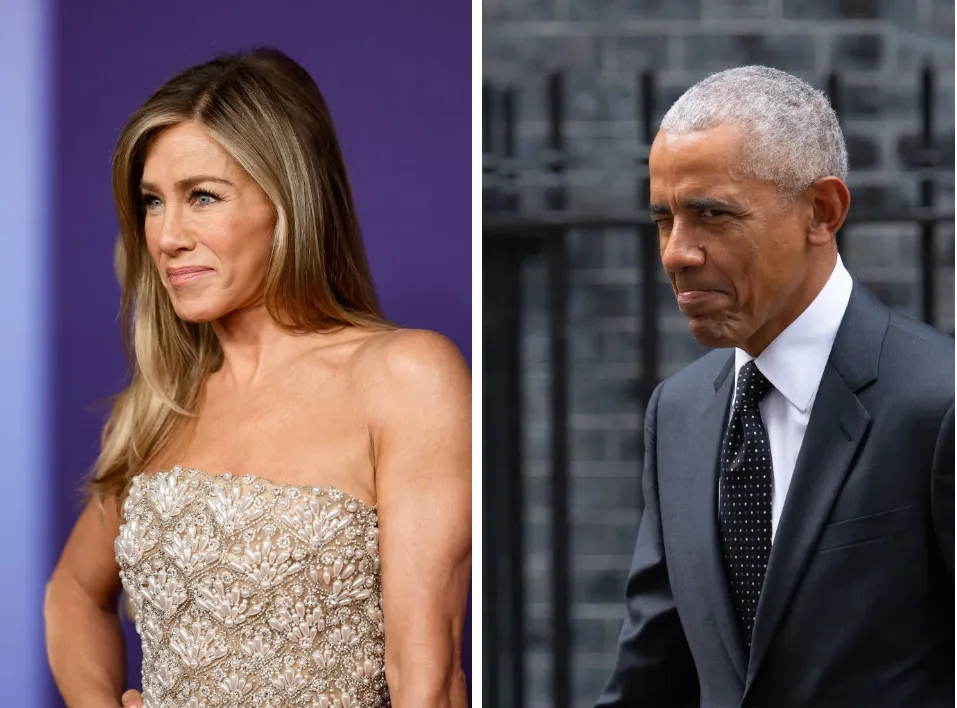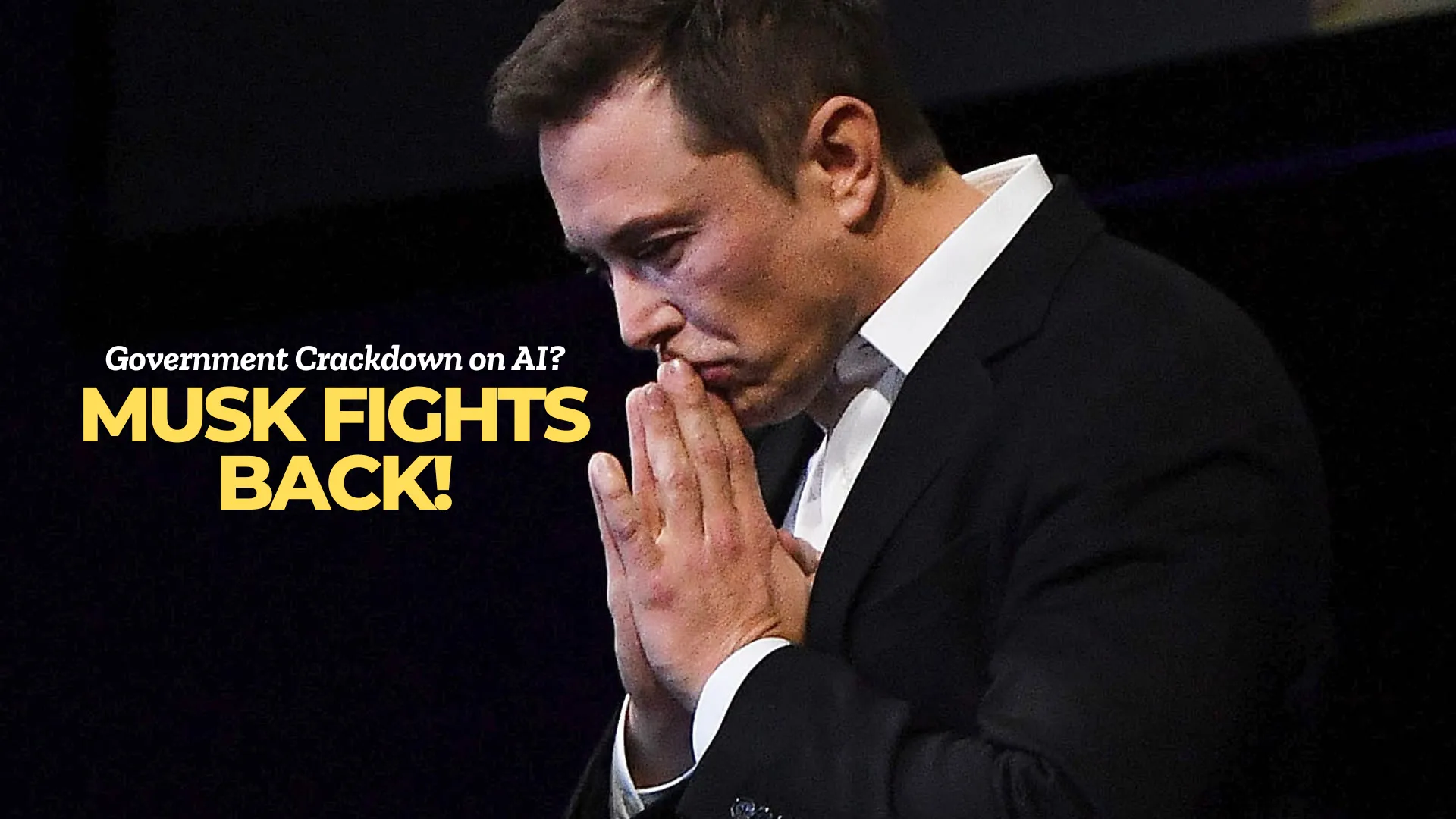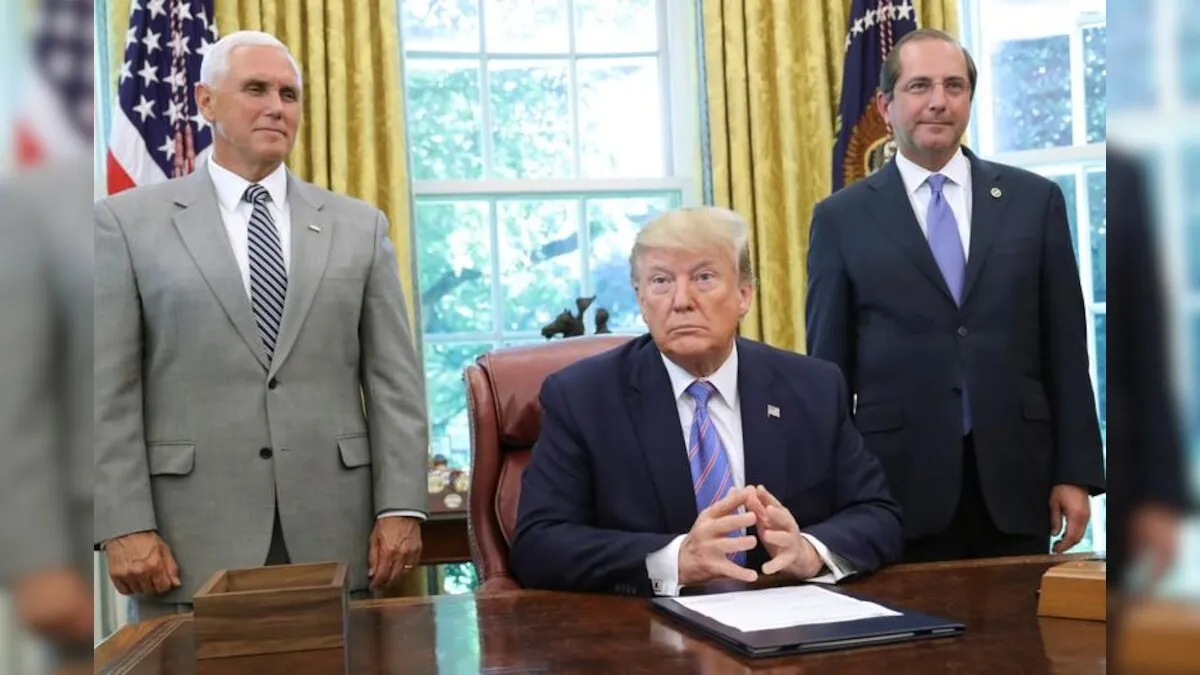
The term "woke" has evolved over time, with its origins in the African American community, where it meant being aware of social injustices and racial inequality. It gained traction during the Black Lives Matter movement, especially after incidents like the death of Michael Brown in 2014. Initially a symbol of social consciousness, the term has been appropriated by some conservative figures, including politicians like Ron DeSantis and Donald Trump, as a negative label for progressive social justice causes.
In recent years, "woke" has been used to describe policies related to race, gender, and identity, often in pejorative terms, such as "woke ideology" or "woke agenda." This shift has influenced conservative policies, such as DeSantis' restrictions on race-related education in Florida, including the banning of certain diversity programs and the implementation of the "Stop WOKE Act." Some critics argue that this usage of "woke" functions as a racial "dog whistle," subtly opposing efforts for racial equality while appealing to certain voter bases. This clash over "woke" has become a focal point in the broader cultural wars, especially concerning issues like LGBTQ+ rights and race education.




